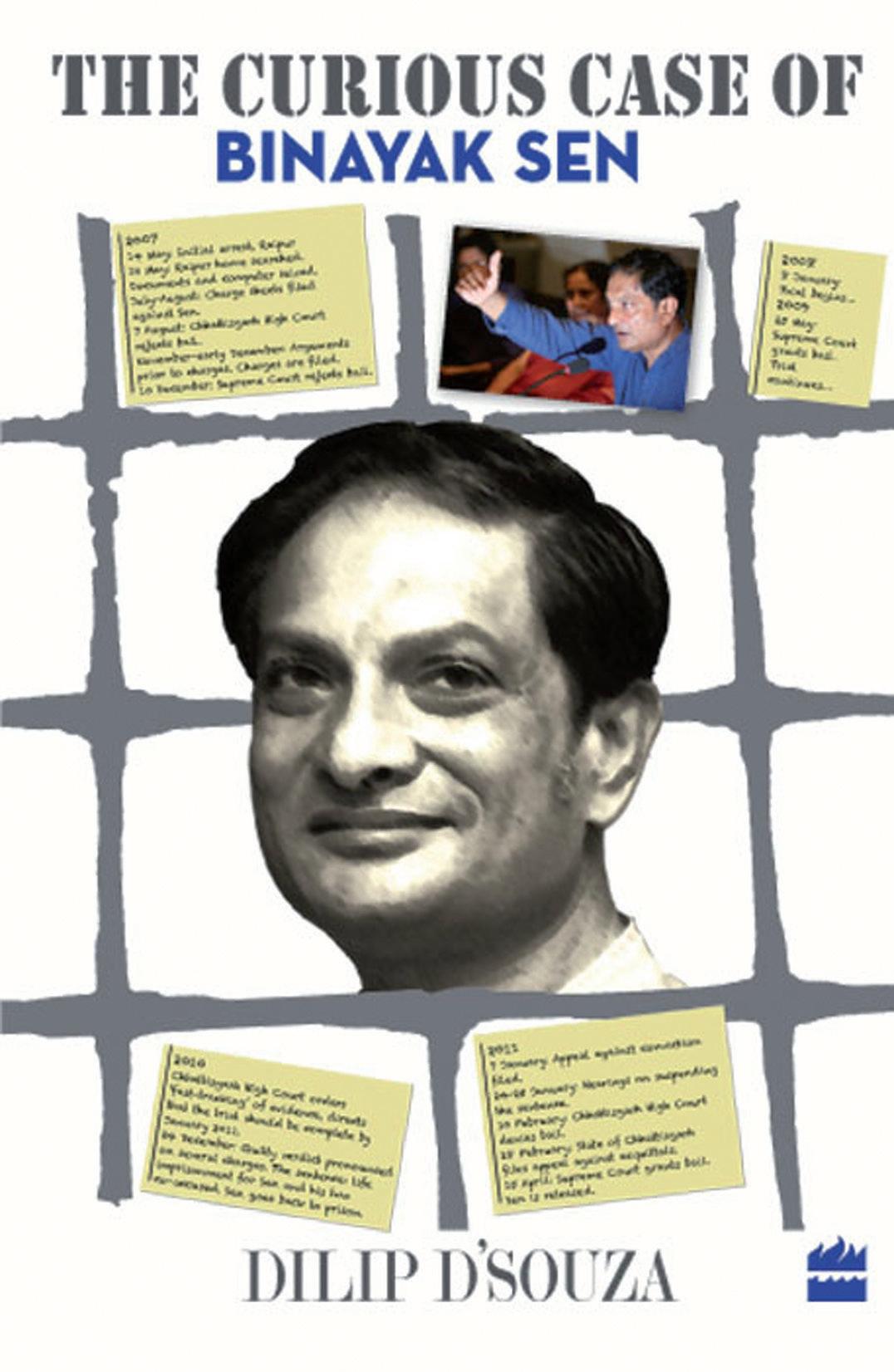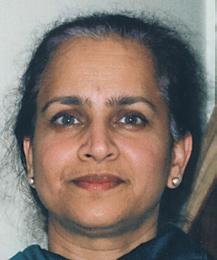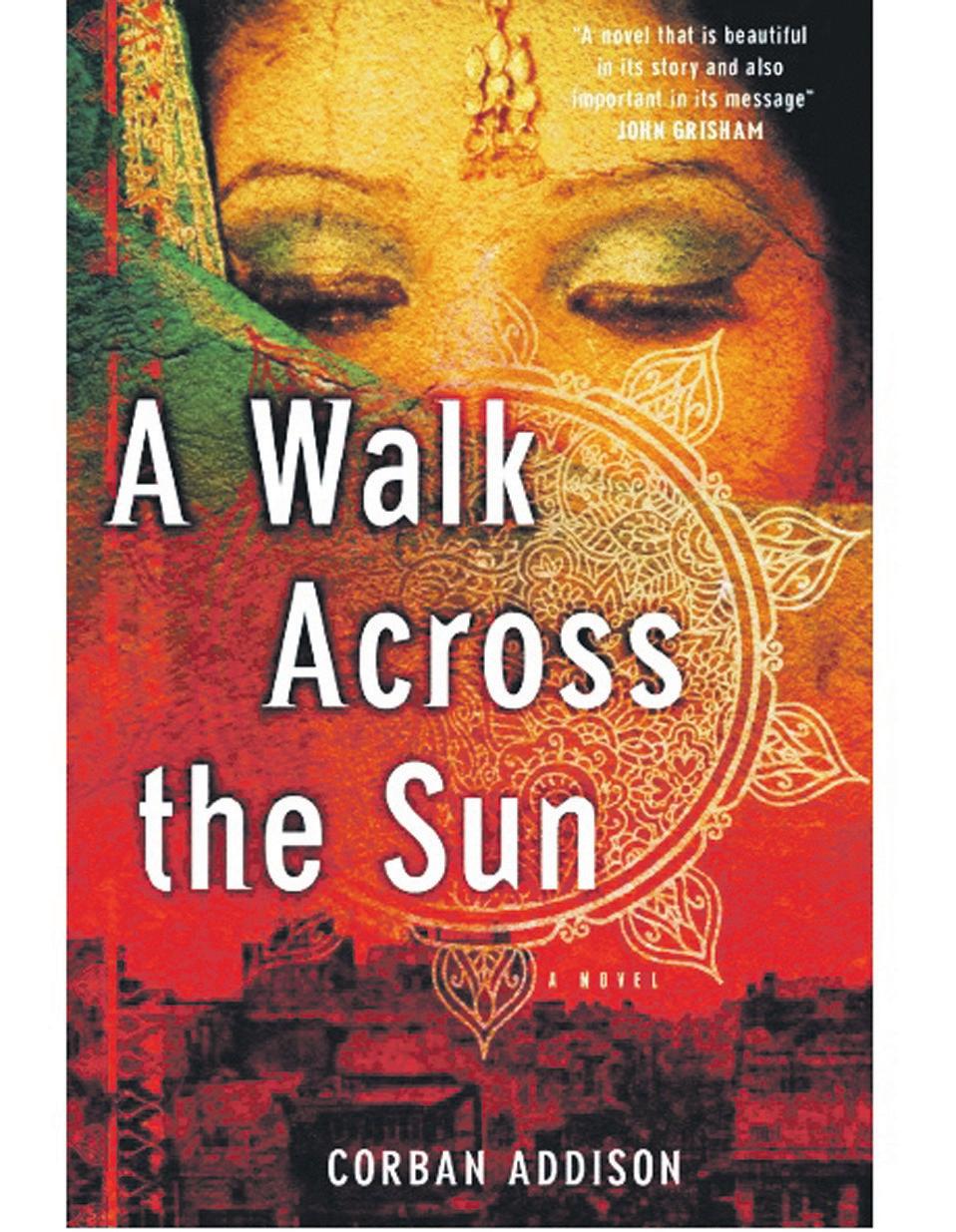
4 minute read
Truths about tribes and trafficking
from 2013-06 Melbourne
by Indian Link
Two powerful books highlight very real problems, generally glossed over in the euphoria of India’s growth
What Addison wished to do with this novel was to get the message across that the illicit sex trade is a worldwide phenomenon, limited not only to countries like India, but happening right under our very noses everywhere
BY CHITRA SUDARSHAN
In June we cast our attention on two books, one nonfiction and the other a novel, that throw light on two very urgent humanitarian issues that animate India of the 21st century, all the hoopla about Indian economic growth and India becoming an ‘emergent power’ notwithstanding. The first is a book on Binayak Sen, a physician who had chosen to work with the tribals of Chattisgarh whose people, in the words of one activist, “have fallen off the collective conscience of the nation”. The second is a novel written by Corban Addison, that intends to draw our attention to the global sex trade, of which India is inexorably a part.
Chattisgarh may be in the throes of a Maoist rebellion, but most people in India’s malls and gated communities don’t spend time agonising over this. Dr Binayak Sen chose to work there and stand up for the rights of the very poor and dispossessed, which were being trampled by the state. How does one begin to understand a man like Binayak Sen? What makes a man trained in medicine from Christian Medical College, Vellore, go and spend his life with the poorest. Tending to them and championing their cause when he could have worked in any of the best hospitals in the world and made a wad of money for himself?
Dilip D’Souza, the author of this biography of Sen, seeks to answer some of these questions.
D’Souza’s book charts Binayak Sen’s story beginning with his arrest in 2007, when he stood accused by the state and charged with sedition. Yes, sedition: the worst offence a citizen can be charged with. He was accused of being a go-between for a jailed Naxalite leader and a businessman, before being released in 2011.
D’Souza delves into news reports and other material to understand what motivates Sen, and cites instances of his constant engagement with issues as basic as malnutrition among the tribals. He contrasts this with the image of a doctor which the prosecution – the state – sought to create, which sought to challenge Sen’s credentials as a doctor in an attempt to undermine him. In examining the case against Sen D’Souza is scathing in the book about the ‘evidence’ that was cooked up by the state, simply to bring the good doctor down. Sen spent more than a year in prison, part of it in solitary confinement, after which he was set free for ‘appallingly weak evidence’. This deeply sympathetic and moving account of a man of conscience who stood up to the powers that be and suffered enormously for it, is a ‘must read’ for all, especially the cashed up Indian diplomats and officials who hop from country to country touting India’s arrival as a ‘big power’. This is a much-needed corrective to all the recent selfcongratulatory articles and books that gloss over the deep challenges to India’s open-slather free market growth.

A Walk Across the Sun is a novel on the global trade in human trafficking, by author Corban Addison. In the summer of 2008, Addison embarked upon an odyssey that took him to India and Europe and into the corridors of power in Washington DC. In immersing himself in the world of modern-day slavery, he spent time with experts and activists in the field and went undercover into the brothels of Mumbai to meet trafficking victims firsthand. Out of this journey, A Walk Across the Sun was born. It is a novel that brings together three of Addison’s great passions – storytelling, human rights, and the world’s cultures, in a narrative that enlightens while it entertains. Addison is a supporter of international justice causes, including the abolition of modern slavery, and this novel is his contribution to increasing awareness and doing something about it.

The novel is the story of Ahalya Ghai, a seventeen year old whose village is struck by the tsunami, leaving her and her sister Sita as the sole survivors of their family. With nothing to go on, their only hope is to find refuge in a convent in Chennai, many miles away. A driver agrees to take them, but the second they get into that car they are doomed – the two sisters are sold. Ahalya doesn’t quite understand why any man would pay so much money for them. She soon finds out.
On the other side of the world, in Washington DC, a lawyer, Thomas Clarke witnesses the kidnapping of a young girl.
Struggling to cope with the death of his baby daughter and the collapse of his marriage to Priya, he takes a sabbatical from his high-pressure job and accepts a position with the Bombay branch of CASE, the Coalition Against Sexual Exploitation. He is now on a path that not only involves saving himself and his marriage, but the lives of Ahalya and Sita Ghai.
A Walk Across The Sun is about cruelty and loss, about family and survival, and ultimately about love, and the immeasurable strength of the human spirit.
What Addison wished to do with this novel was to get the message across that the illicit sex trade is a worldwide phenomenon, limited not only to countries like India, but happening right under our very noses everywhere. As he pointed out in an interview, according to UN estimates, profits in illicit sex trade are upwards of $32 billion a year, just behind those in illegal drug and gun trades. His objective in writing this novel are to inspire his readers to learn more about the topic, to discover and support organisations that do “heroic work in this field,” and to “put pressure on people in positions of power,” who have the ability to do something to help girls caught in the vortex of the global sex trade.
Illicit sex trafficking in young children is not a pretty topic and this book may not be for everyone, but it is a real international concern and one that needs to be addressed openly. Addison has made a good start with this novel.









